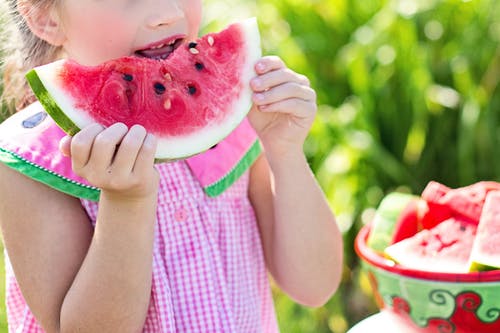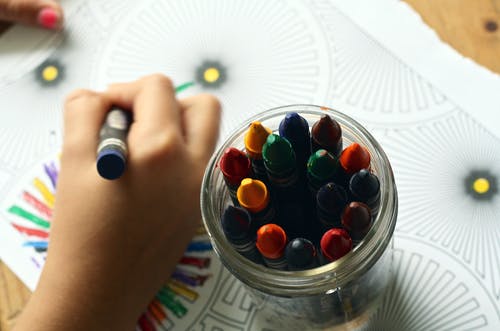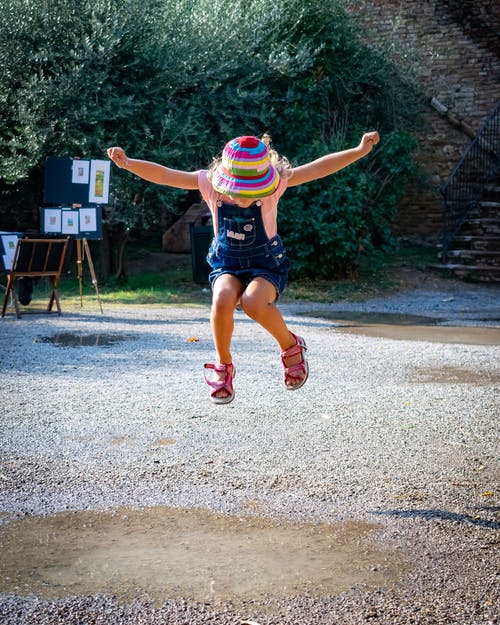
Summer is finally here! The mental health community tends to see a decrease in mental health issues during the summer. Research indicates that rates of depression, anxiety, and suicide decline during the summer months. These rates increase quickly during the fall months as we head into the seasonal affective disorder months. It is unclear if 2020 will follow the general trend of decreasing mental health issues this summer with so much uncertainty regarding the economy, COVID-19, and the civil protests occurring throughout our nation and the world.

It’s fairly easy to see how summer can be beneficial for mental wellness. Self-care is one of the best ways to manage both depression and anxiety. Summer provides us weather for outdoor activities, longer daylight (which positively impacts out circadian or sleep rhythms allowing for increases in brain chemicals that improve mood), increased vitamin d, and the potential for summer getaways.

One specific mental illness that tends to spike during the summer is ADHD. Children with ADHD thrive in structured environments and routine. They don’t do well with change. In summertime, many of the routines these children need fall to the wayside. This makes it very difficult for children with ADHD to regulate emotions, make wise choices, and manage their symptoms of hyperactivity or inattention. Additionally, if these children are on medication, they tend to stop taking it during the summer.

If you are a parent or caregiver of a child with ADHD, you may be more vulnerable to increased anxiety and depression during the summer months. When a child struggles with mental illness it takes a toll on their family. If your child is struggling with increased symptoms of ADHD, you may be feeling additional stress, frustration, or even questioning your effectiveness as a parent. I have good news for you. You can absolutely help yourself and your child this summer.

As a parent or caregiver of a child with ADHD, it is important that you provide your child with consistency and routine. While your routine will look different during the summer then during the school year, do your best to keep a schedule for your child. This schedule should include plenty of structured and unstructured play time, outdoor activities, and the opportunity for your child to engage in social interactions with others. If your child is on medication, make sure they continue their medication throughout the summer. By implementing these changes during the summer, you are helping your child manage their ADHD which in turn will decrease stress within the household.

It is also important that you focus on your own mental health and wellbeing. We should be doing this year-round. Summer is no exception. Here are some tips:
- Going to bed at a regular time and aiming for 7-8 hours of sleep each night
- 30 minutes of daily exercise to increased endorphins (happy brain chemicals)
- Healthy diet full of dark leafy greens, berries, fresh fruits, while limiting white sugar, caffeine, and alcohol (three things that can increase depression and anxiety)
- At least 20 minutes of sunlight daily
- Maintaining a daily routine
- Interacting with friends and family
- Seeking professional help if you find it challenging to maintain good mental health
Summer is a wonderful time of the year. While we have some unique challenges this summer there are still many opportunities to enjoy the season. Get out and enjoy it.

To health, hope, and healing.
Krista

Another issue is really that video gaming became one of the all-time most significant forms of excitement for people of all ages. Kids have fun with video games, and also adults do, too. The actual XBox 360 is one of the favorite games systems for folks who love to have a lot of video games available to them, in addition to who like to learn live with other individuals all over the world. Many thanks for sharing your thinking.